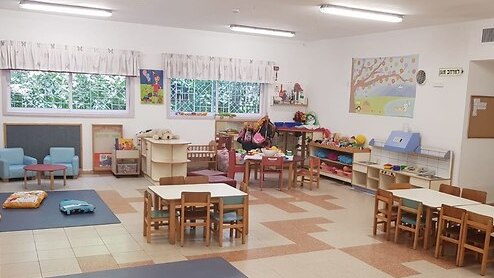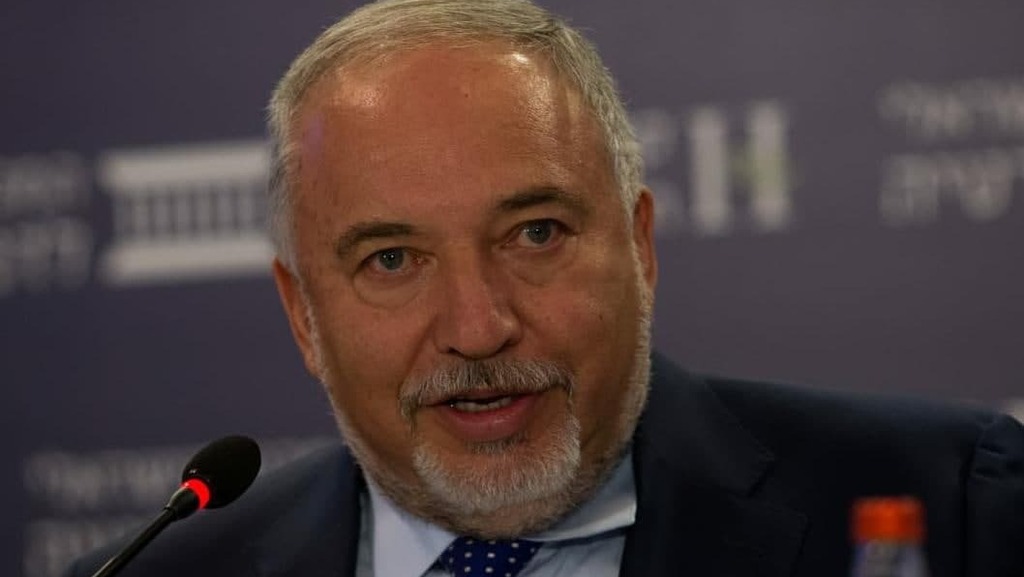Getting your Trinity Audio player ready...
Finance Minister Avigdor Liberman on Wednesday announced major changes to Israel’s subsidized daycare, which will primarily hit yeshiva students with children.
The new criteria states that both parents eligible for subsidized daycare of children aged 0-3 must be either employed or study full time at an academic institution, which does not include yeshivas.
Until now, the criteria for eligibility was income-based and if the mother worked at least part-time, it allowed fathers to continue studying in yeshivas.
The Finance Ministry added that in order to be eligible for subsidies in instances where the spouse does not work, he or she must acquire education or skill that will enable future integration in the labor market, such as a bachelor's degree, certificate studies, nursing, vocational training and teaching certificate.
The new criterias are set to take effect from the upcoming school year, which starts on September 1.
Currently, 23,000 families are receiving the daycare subsidy on the grounds that at least one parent is studying. The new rules will mean that just 1,500 of those families will still be eligible as they are enrolled in a recognized academic institution from a list that does not include any yeshivas.
The other 21,500 families involve a father who is studying at a yeshiva and will no longer be eligible for the stipend under Liberman's new criteria.
The annual cost of daycare subsidies currently stands at NIS 1.2 billion, of which NIS 400 million subsidize children of parents who study in yeshivas.
"It is a very important step that changes the priorities in the country and puts those who work and pay taxes in the forefront," said Liberman. "The current mechanism harms working parents and prioritizes those who do not work. I will continue to lead moves that eliminate negative incentives for labor market integration."



